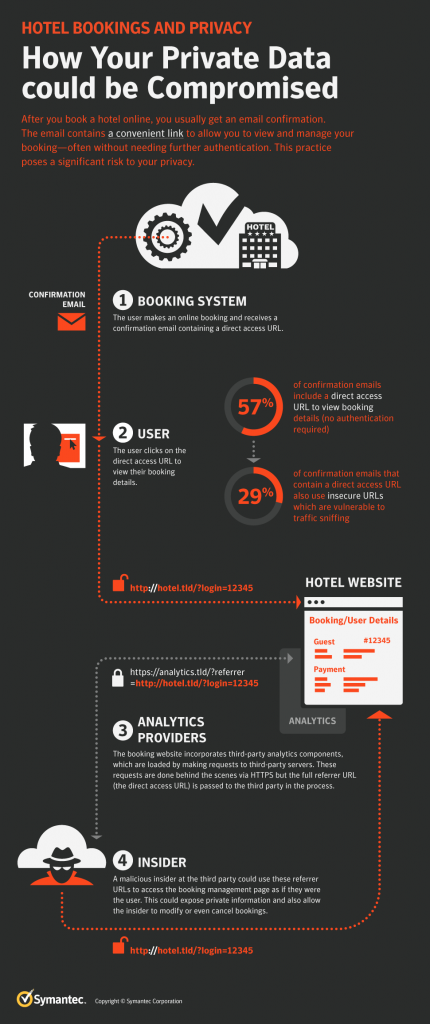The Spanish Influenza epidemic came in three waves, with the first hitting in March 1918, the second in the fall and the third in the winter of 1919. The U.S. Centers for Disease Control and Prevention considers the second wave to have been the most deadly. In the United States, well over half of the epidemic’s death toll of 675,000 occurred during the second wave. It is no surprise then that public health experts were already warning of the possibility of a second wave of the coronavirus pandemic when the world was just beginning to acknowledge that the first wave was upon it in February.
Personal injury mass litigation also comes in waves. Consider asbestos: In the first wave, individuals who worked directly with asbestos filed workers compensation claims. Workers exposed to asbestos in products filed products liability suits during the second wave. A third wave included “take-home asbestos” claims in which workers’ children and spouses sued for illnesses caused by exposure to asbestos fibers taken home from work. A fourth wave is now underway with the alleged asbestos contamination of consumer talc products.
The first wave of personal injury coronavirus litigation emerged in early March when a married couple sued Princess Cruise Lines for gross negligence for placing “…profits over the safety of its passengers, crew, and the general public in continuing to operate business as usual.” Many similar individual and class action lawsuits have followed. According to an analysis by the Miami Herald, some 3,600 cruise line passengers have contracted COVID-19 and more than 100 have died.
The situation in nursing homes is far worse. Nursing home residents account for an estimated 40% of U.S. coronavirus deaths thus far. Predictably, wrongful death suits filed by the family members of nursing home residents are surging, even as some states move to shield nursing home operators from liability. Personal injury lawsuits have also been filed against hospitals, meatpackers, restaurants, grocery stores and warehousing operations.
However, as the first wave of the coronavirus pandemic subsides, personal injury litigation may subside along with it. But what if the pandemic has a second wave? Although there is a great deal of uncertainty, public health experts now believe that there is no inherent seasonality to COVID-19 itself, but they remain deeply concerned that a combination of complacency and greater indoor activity could lead to a second wave of infections in the coming months.
What would a second wave of coronavirus personal injury litigation look like? One possibility that modelers at Praedicat are considering is a wave of “take-home COVID-19” litigation arising from occupational infection, coupled with high rates of intra-family transmission. Praedicat modelers estimate that 7-9% of COVID-19 deaths in the first wave have been family members of workers in essential industries who acquired coronavirus at work. With widespread testing and improved contact tracing, take-home transmission could be relatively easy to demonstrate during a second wave. The first take-home COVID-19 lawsuits were filed in August against an electrical supply company and a meatpacking facility, and the precursors to these complaints are present in earlier lawsuits filed against Amazon and McDonald’s.
Many public health officials believe that it is entirely within our power to keep a second wave of the virus from forming while we wait for a vaccine to be developed and deployed. A unified and steadfast public health campaign is critical if we are to avoid a second wave, individual companies working to limit transmission among their workers and customers is as well. First and foremost, this means closely adhering to federal, state, and local guidelines and industry best practices regarding disinfection, screening and testing, social distancing, and the use of masks and other personal protective equipment. Employers might also work to raise awareness of take-home exposure and the risk to vulnerable older family members or those with pre-existing conditions like diabetes that have been shown to elevate the risk of life-threatening complications associated with COVID-19. Depending on the circumstances, maintaining social distance at home may be just as critical as maintaining social distance at work.
While a second wave of the pandemic may be unlikely, some level of infection, illness, and litigation is sure to be with us until there is a vaccine. The best protection against liability is making the safety of workers and customers paramount. But risk managers need to prepare for the worst and should also be reviewing the availability of coverage for employment related coronavirus claims, including take-home exposure. The employers liability exclusion under a general liability policy, for example, might exclude claims made by the family members of workers.

